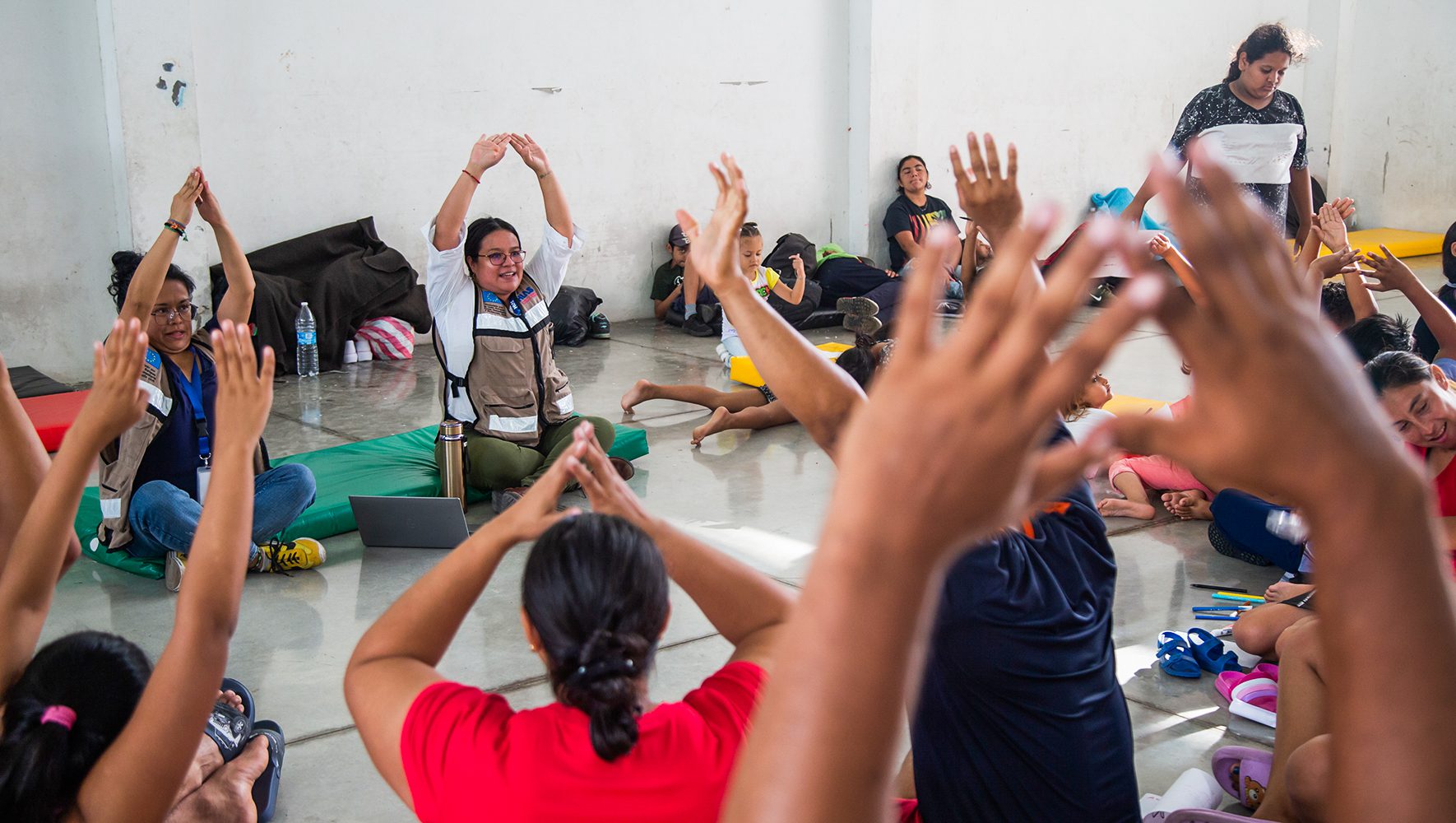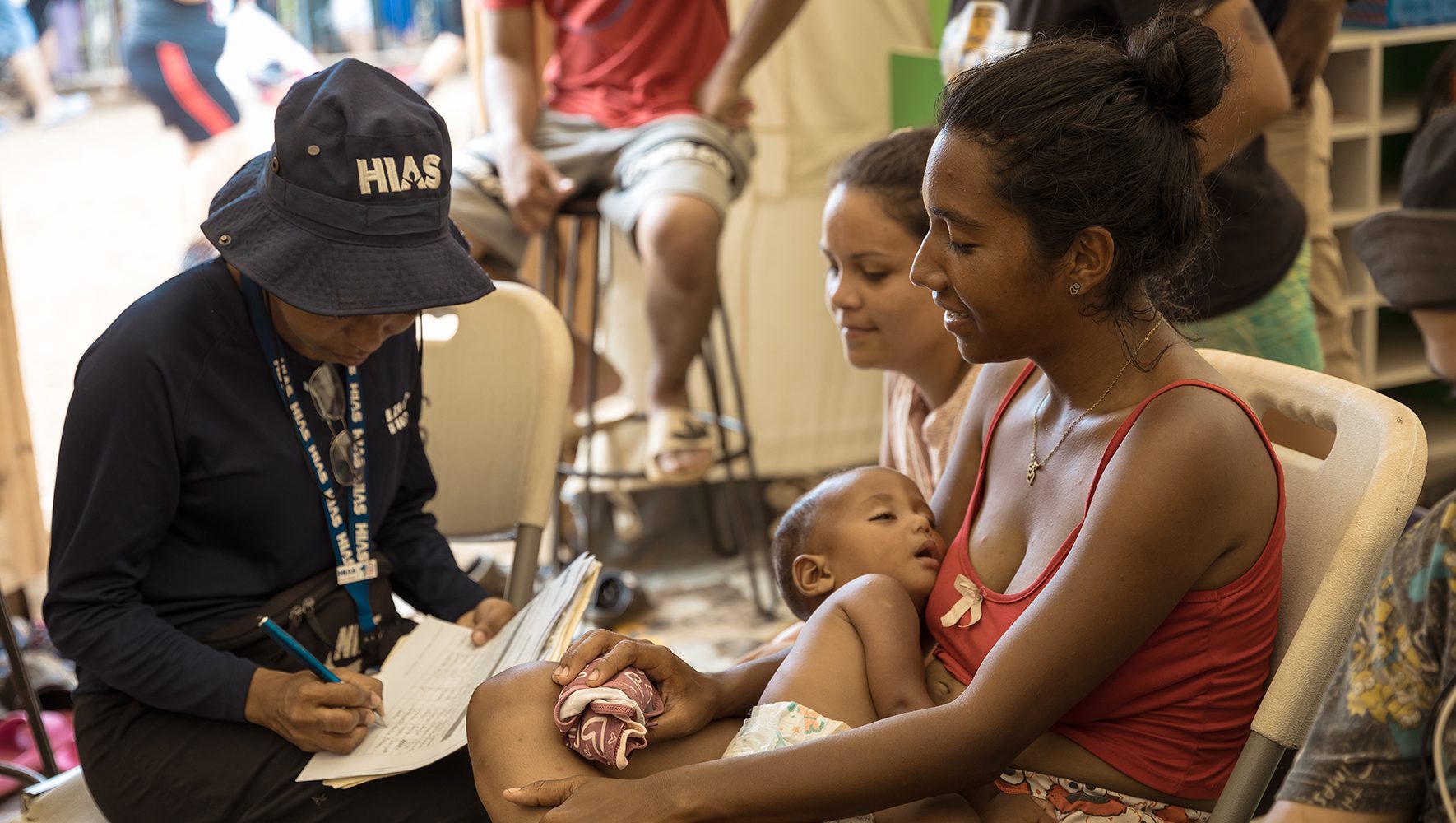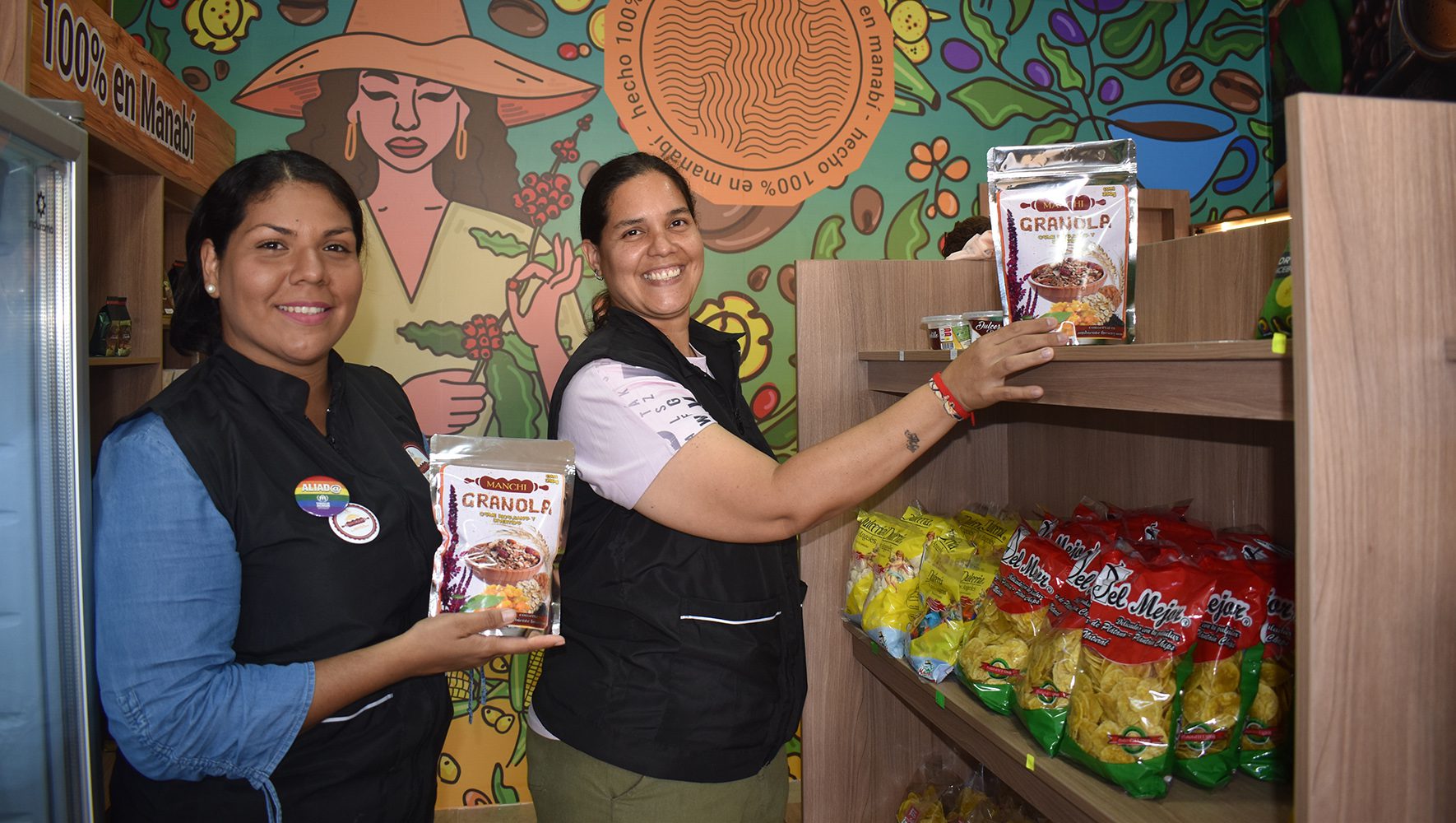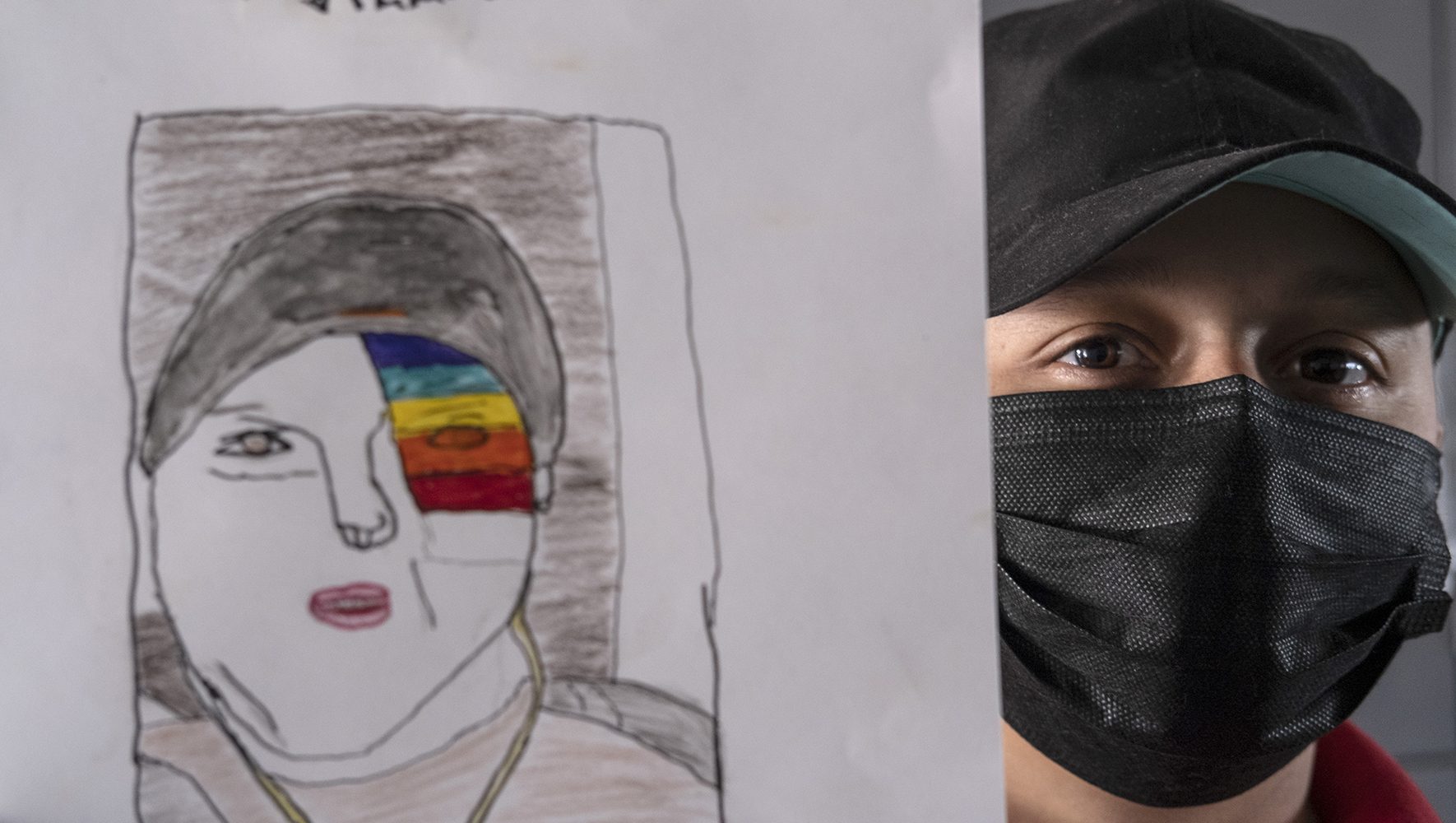Not your great-grandmother’s HIAS—or is it?
By Aleksander Milch, Esq
May 15, 2014
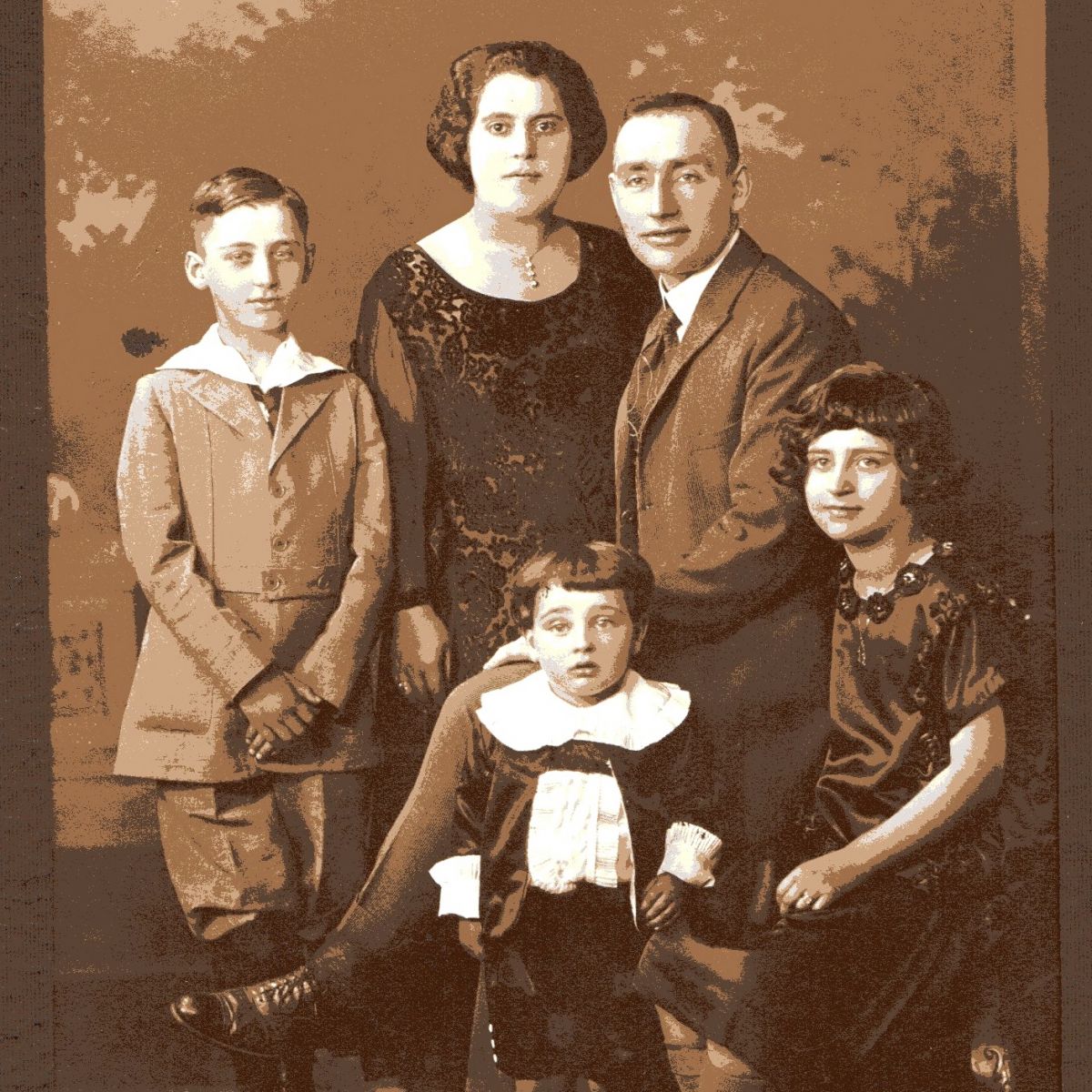
HIAS staff attorney Aleksander Milch’s great-grandmother came to the U.S. in 1919 to escape pogroms in Eastern Europe.
The application for my clients–a gay married couple from Jamaica seeking asylum in the U.S. –runs 50 pages. It is the product of hours of the hard but rewarding assistance I provide as a staff attorney for HIAS.
Thanks to someone like me, who also worked for HIAS, my great-grandmother, my family's matriarch, came to the U.S. in 1919. I wonder what she would make of my clients’ application. Would she understand?
If my grandmother were suddenly here today would she recognize the love between these two men and their desire to live as any other couple? Would a woman who escaped pogroms understand the violent homophobic persecution in their country that led them to flee to the U.S. for safety?
The answer is in a word–yes. Were I to even try to explain it to her, she would cut me off with knowing laughter indicating that there was no need for me to “educate” her.
My great-grandmother was the wise woman of our family. Every family has one. The one person who is able to see what is timeless, important. She would have understood the plight of my clients because she, too, had been considered “other” and targeted for violence. In her case, she escaped anti-Semitism and emerged as the matriarch of a large, distinguished family. In my clients’ case, they are out of harm’s way but the struggle toward marriage equality in the U.S. and the world continues.
The faces of those who are persecuted can vary over time and geography but the fear and hatred of those who are different endure. I am proud to be even a minuscule part of the answer and I think that my great-grandmother would be proud of me.


